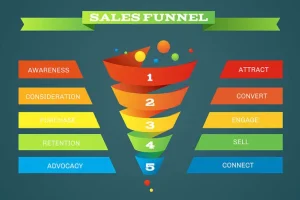
Business Ownership can vary greatly depending on the type of company. Some are owned by a single person, while others are owned by a group of shareholders, a charitable foundation, a trust, or the state. Many legal considerations apply to these different business ownership structures. For example, the ownership structure of a company determines the business’s taxes, personal liability, and other legal responsibilities. It is important to understand these distinctions and the implications of each structure for your particular business.
Before you start your own business, you must choose the legal form. There are three primary types of business ownership: sole proprietorship, partnership, and corporation. Each has its advantages and disadvantages, and you should consider your needs and goals before choosing one. The legal structure of a company can also affect taxes, paperwork, and liability. In this article, we’ll discuss the pros and cons of each business structure and how it impacts your business.
When changing the ownership structure of your business, you should consult with a business or tax attorney. A tax attorney can ensure proper due diligence is performed and that all required steps are followed. You should also consider consulting with an expert in this area, as it can save you from costly litigation. To avoid problems, you should discuss your options with a business expert before making any final decisions. If you’re not sure about business ownership, contact an attorney and find out how you can make the process easier.
While corporations are less expensive to start, LLCs still require filing paperwork with the state, paying any applicable fees, and maintaining a robust insurance policy. Selecting a business structure depends on your personal liability and taxation requirements, and whether you want to be in control of the company’s decision-making processes. The more detailed considerations will be discussed in the next chapter of this article. You’ll find many more benefits from starting a limited liability company than a corporation.
The most common form of business ownership is the sole proprietorship. The sole proprietor is the simplest type of business structure. It is the least expensive form of ownership, and four out of five small business owners use this type. It requires minimal paperwork and often is exempt from licensing requirements. It is also the simplest to start. The biggest disadvantage of a sole proprietorship is that you’re personally responsible for your business’s success or failure. In addition, this business structure is often hard to sell when you’re ready to move on to the next stage.
Sole proprietorships require high levels of dedication and resilience. In addition to the financial burden, the sole proprietor is personally liable for the business’s debts, and any disasters the business may face may result in personal bankruptcy. However, the benefits of running your own business outweigh the drawbacks. This type of ownership isn’t for everyone. The risk of bankruptcy is also high, so if you’re not financially secure, this type of business is not for you.







